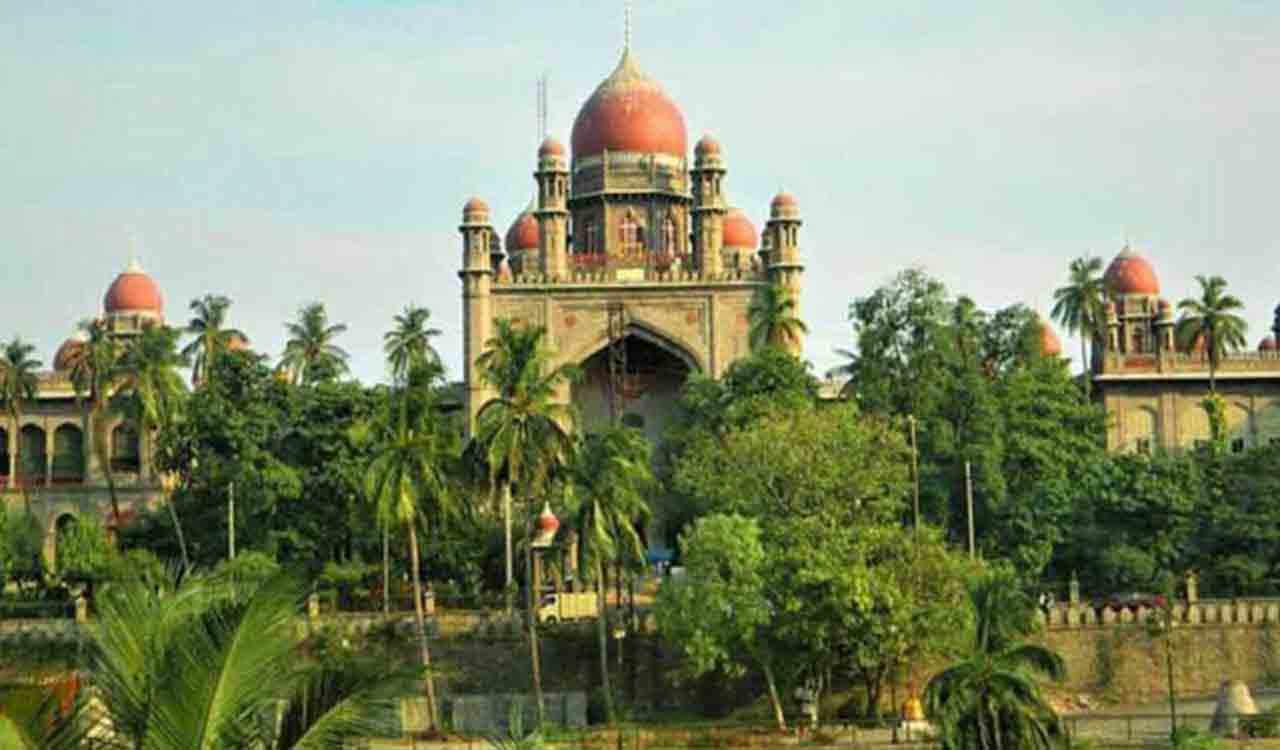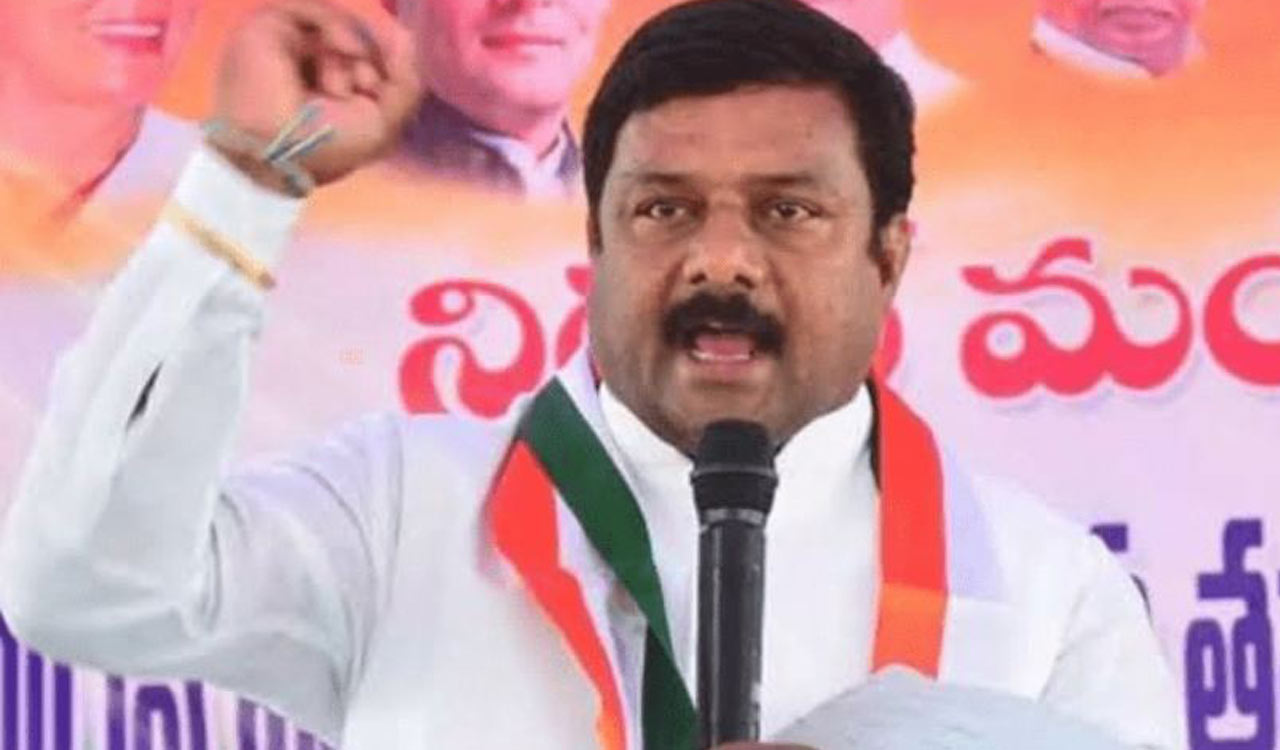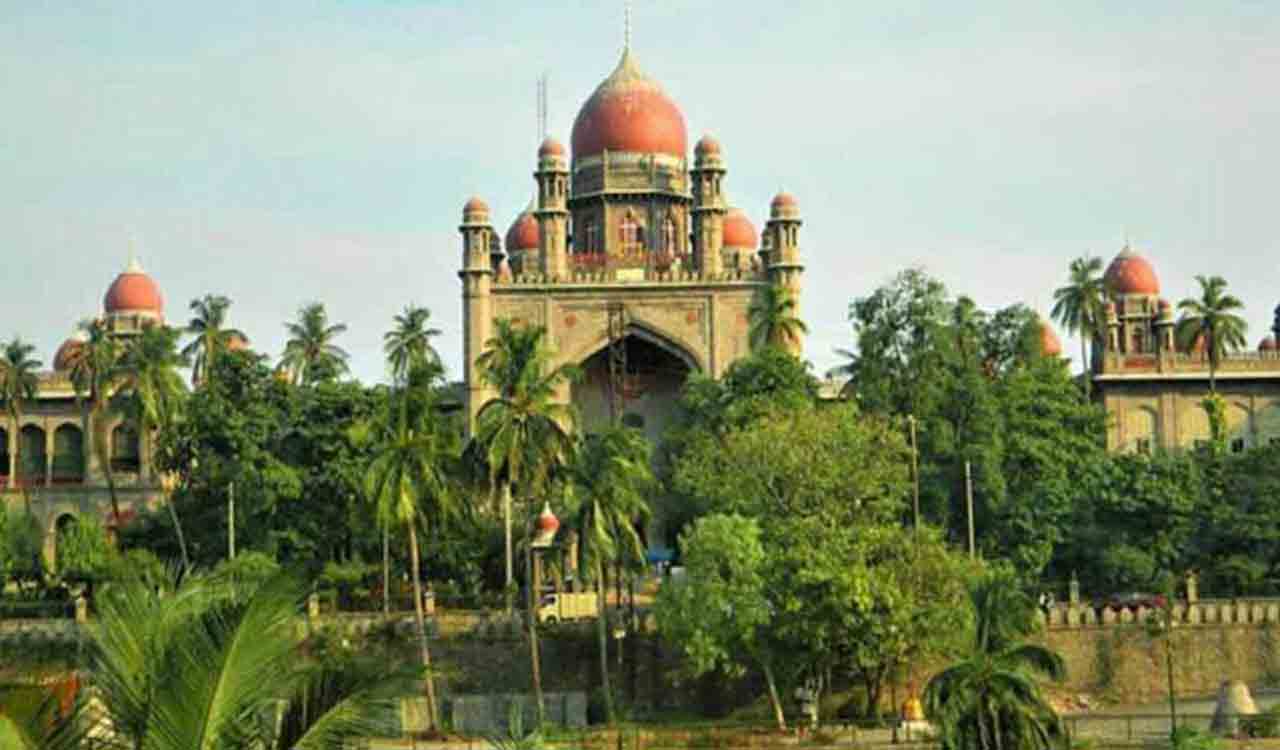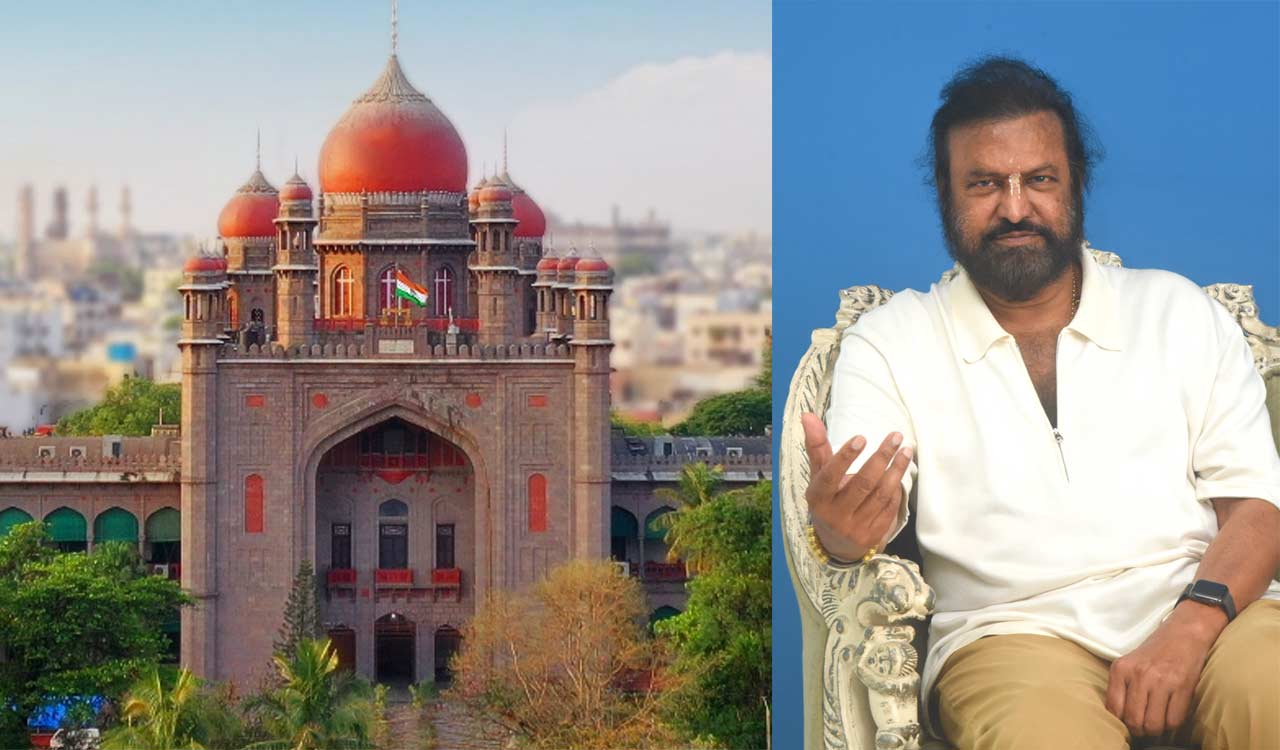Telangana HC directs Govt to appoint commission for empirical data on BC Reservations in local bodies
The High Court on Wednesday directed the State government to consider appointing a dedicated Commission to conduct the contemporaneous rigorous empirical data qua the reservations for Backward Classes in local bodies in the State in accordance with the Apex Court directions
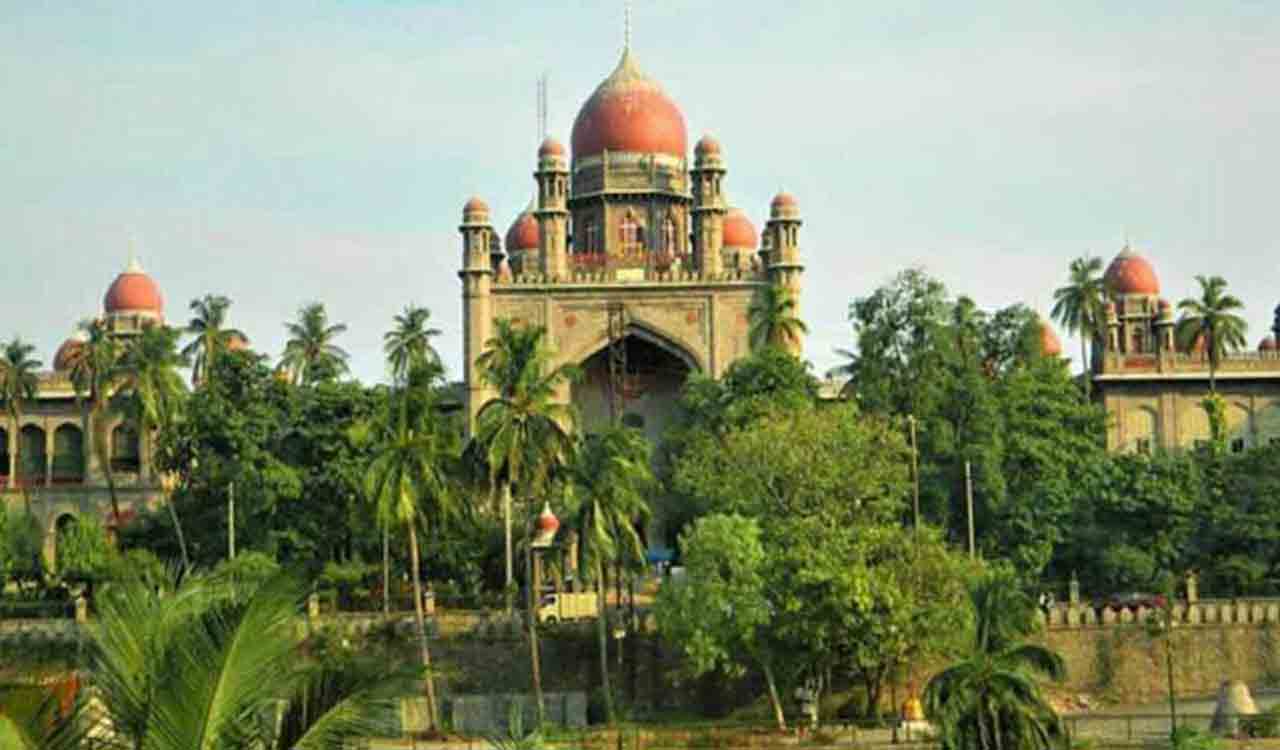
By Legal Correspondent
Hyderabad: Justice S Nanda of the Telangana High Court on Wednesday directed the State government to consider appointing a dedicated Commission to conduct the contemporaneous rigorous empirical data qua the reservations for Backward Classes in local bodies in the State in accordance with the Apex Court directions.
R. Krishnaiah had filed a writ petition in the High Court contesting the State’s designation of the Backward Class Commission as a “Dedicated Commission.” Krishnaiah argued that this designation was illegal, irregular, and violated the constitutional mandates established by the Supreme Court in landmark cases, including Dr. K. Krishna Murthy and Vikas Kishan Rao Gawali.
In his petition, Krishnaiah asserted that Backward Class Commissions were constituted under the Backward Class Commission Act, rooted in the Supreme Court’s decision in the Indra Sawhney case. These commissions were intended to review reservations under Articles 15(4) and 16(4) of the Constitution. However, he claimed that the current designation as a “Dedicated Commission” for collecting empirical data regarding reservations for Backward Classes in local bodies contradicts Articles 340, 243D(6), and 243T(6) as interpreted in the aforementioned Supreme Court judgments.
Krishnaiah highlighted a previous case in Maharashtra, where a similar commission was designated as a “Dedicated Commission” but had its interim report invalidated for failing to meet rigorous data requirements. Subsequently, Maharashtra established a separate Banthia Commission to ensure thorough empirical inquiry. He cautioned that if the Backward Class Commission proceeds to furnish a report under its current designation, it could undermine the constitutional objectives of reservation and affirmative action established by the 73rd and 74th amendments.
In response to the arguments presented, Justice Nanda directed the State Government to consider appointing a “Dedicated Commission” within two weeks.
Later, the Advocate General requested the court to reconsider its order, arguing that the government’s actions were in alignment with Supreme Court directives. This assertion faced opposition from the petitioner’s senior counsel. Ultimately, the court declined to grant the Advocate General’s request.
2. The Telangana High Court on Wednesday while hearing the writ petitions filed by the BJP Legislature Party floor leader Alishetty Maheshwar Reddy and another individual which challenged the legality of G.O.Ms.No. 33, has asked the government to ‘slow down’ on the Indiramma Committees until it decides the matter in the coming week. The contention of the petitioners is that the G.O.Ms.No. 33 which allows the District Collectors to form Indiramma committees in consultation with the District In-charge Ministers is an arbitrary process to accommodate the ruling party workers and the same is in violation of the Article 243A of the Constitution and Section 6 of the Panchayat Raj Act.
Upon hearing the arguments of Senior Counsels Nandigam Krishna Rao and J Ramachandra Rao appearing for petitioners and the Additional Advocate General appearing for the State, the bench of Justice Nagesh Bheemapaka directed the government to file a counter-affidavit by November 5. Until then, the Court has asked the government to slow down the process of Indiramma Committees formation across the State.
3. Justice T. Vinod Kumar of the Telangana High Court has taken up a series of writ petitions contesting the denial of permission for Aurora’s Technological Institute in Begumpet to operate and offer various courses, including B.E. in Computer Science and Engineering, for the 2024-25 academic year. The petitions, filed by the Church Educational Society and others, argue that the rejection by the Commissioner of Technical Education and relevant authorities is arbitrary, illegal, and unconstitutional. The petitioners are seeking to overturn the rejection order and secure recognition for Aurora’s Technological Institute as a valid, affiliated, and approved institution compliant with AICTE and university standards. During the proceedings, the petitioners’ counsel emphasized the urgency stating that the admission process for the upcoming academic year has already concluded. They requested interim directions to allow operations to commence. However, the judge declined to issue such directions, as the Government Pleader requested for additional time to submit counter.
Related News
-
Haiti gang attack on journalists covering hospital reopening leaves 2 dead, several wounded
47 mins ago -
21 dead as Mozambique erupts in violence after election court ruling
1 hour ago -
Cartoon Today on December 25, 2024
9 hours ago -
Sandhya Theatre stampede case: Allu Arjun questioned for 3 hours by Chikkadpallly police
9 hours ago -
Telangana: TRSMA pitches for 15% school fee hike and Right to Fee Collection Act
9 hours ago -
Former Home Secretary Ajay Kumar Bhalla appointed Manipur Governor, Kerala Governor shifted to Bihar
9 hours ago -
Hyderabad: Organs of 74-year-old man donated as part of Jeevandan
10 hours ago -
Opinion: The China factor in India-Nepal relations
10 hours ago

